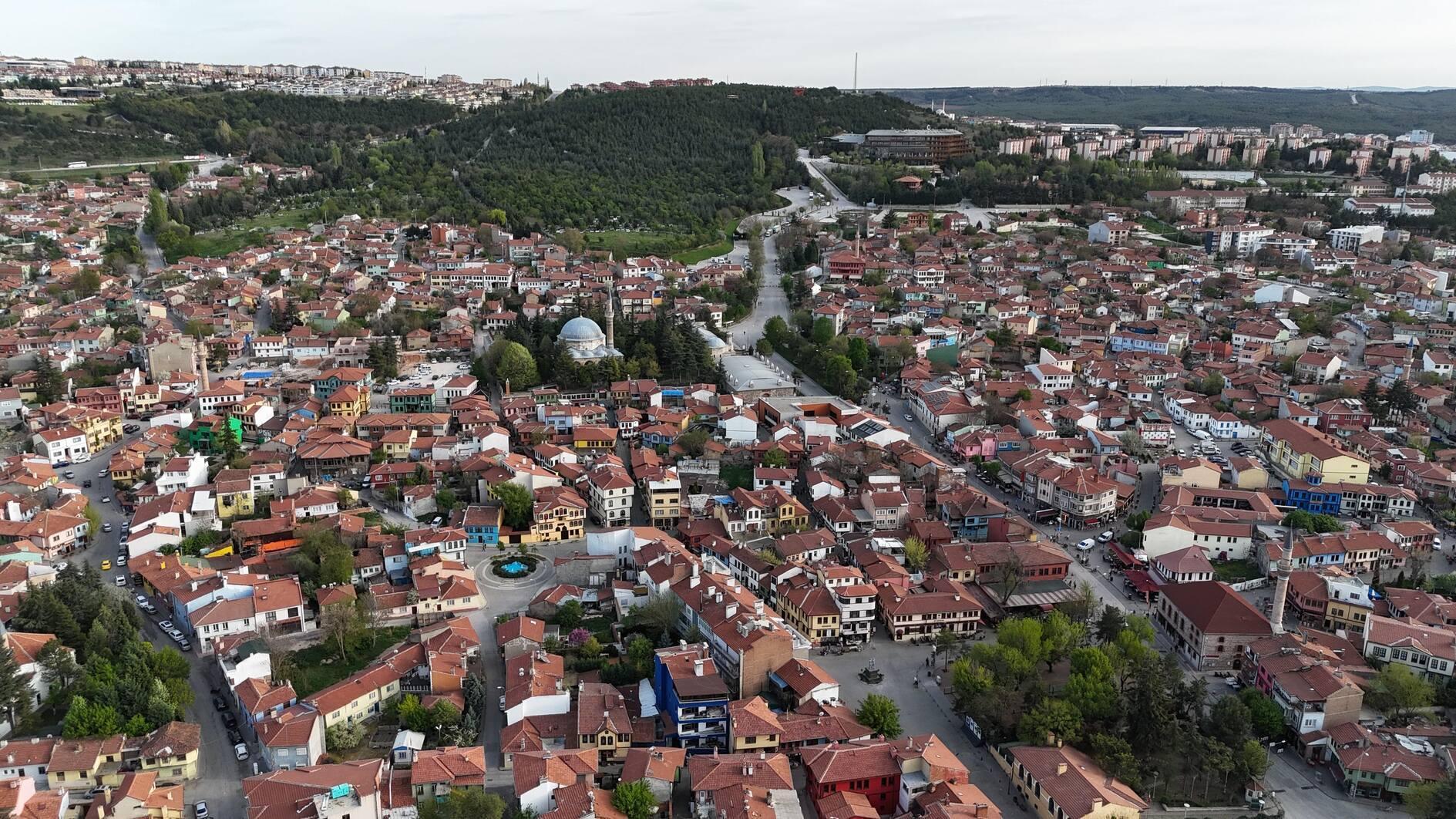Coup in Cairo, echoes in Ankara
Mohamed Morsi, the first president of Egypt elected through free elections, was toppled by the military two days after the first anniversary of his office on July 3.
Gen. Abdel Fattah al-Sisi, who was brought to lead the Armed Forces together with the Defense Ministry because Morsi did not trust Mohamed Tantavi, the top general of his toppled predecessor, Hosni Mubarak, led the coup d’etat.
The soldiers installed Adly Mansour in the “interim” presidency until the elections. In his first statements, Mansour said the Ikhvan-i Muslimin, or the Muslim Brotherhood (MB), Morsi’s political movement, was an important part of the Egyptian society and he believed it should take part in the next emergency elections. Mansour is the head of the Constitutional Court who stood against Morsi when he tried to concentrate all state powers to his presidency, including control over the judiciary.
Morsi, in custody together with his prime minister, Hesham Qandil, asked his people to stay with him and resist the coup. His supporters have been praying for Morsi in the Addawiya Square of Cairo, but Salafis, whom one could assume to be Morsi’s natural partners in such a strategic turn, have called on their supporters to return to their homes.
The international scene is worse for Morsi. All autocrats of the Arab world cheered up with the news that the first freely elected president of an Arab country – and Egypt is not just any Arab country – who posed an example for the freedom thirst of their own peoples, was put down. From Syria to Saudi Arabia, Jordan to Qatar (as the stage of an in-house coup last week anyway) congratulated the new rulers; Israel had no objections to seeing soldiers back in power in Egypt.
The statements from the United States and the European Union did not even call the coup a coup; they were expressing concern and asking the soldiers to go back to civilian rule as soon as possible.
While almost all the friends and foes of Morsi were leaving him alone, Turkish Foreign Minister Ahmet Davutoğlu made a rather long and sentimental statement in which he condemned the coup, called for an immediate release of Morsi, Qandil and other members of the toppled government and demanded no restrictions on any candidate for the next elections; practically asking for free competition for MB candidates as well. Before going into an emergency meeting called by Prime Minister Tayyip Erdoğan, who cut half his holiday for the Egypt situation, Davutoğlu also said the Turkish government called the Egyptian people and all of world public opinion to protect the “gains of the January 25 revolution” that ended Mubarak’s power.
The Turkish opposition condemned the coup in Egypt, too. Kemal Kılıçdaroğlu of the main opposition Republican People’s Party (CHP) said military involvement in politics was “unacceptable” and he wanted to see Egypt back on the democratic track. He also made a note of the importance of elected leaders listening to their people’s demands in democracies.
The coup in Egypt was unfair not for Morsi only; it took away the chance for the Egyptian people to say “no” to the autocratic tendencies of Morsi using democratic methods. And to remind him in democratic ways that he should respect the different ways of life in society and bear in mind that democracies can be sustained in a secular political environment, especially in Muslim societies. It also put the possibility of democratic development in the Arab region back many more years.
The coup in Egypt will change the political balances in the East Mediterranean and the Middle East once again, and will have consequences in the international and domestic politics in the region, including Turkey.











